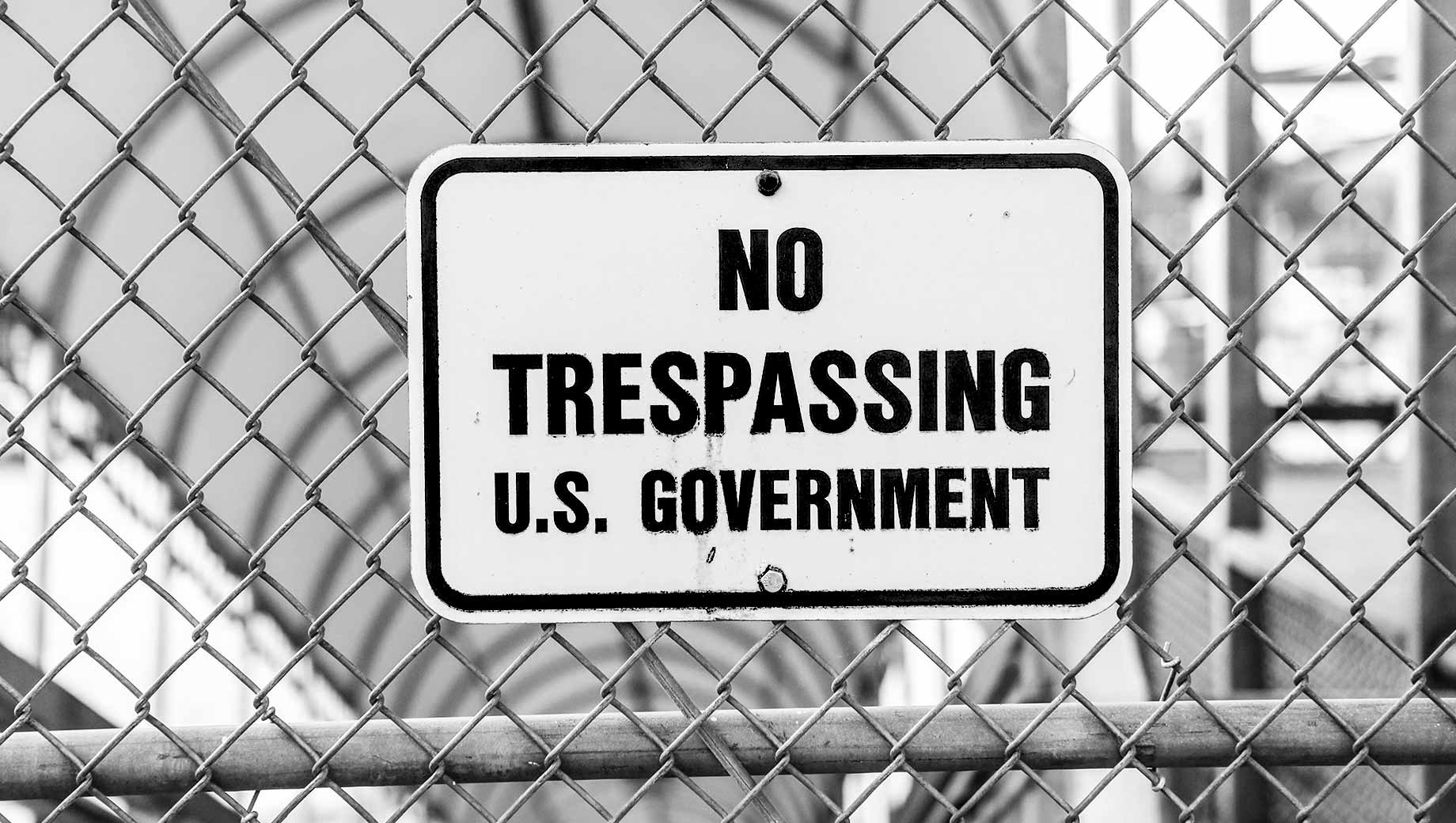Pros And Cons Of Government Regulation Of Business
The Pros And Cons Of Government Regulation Of Business
In today's increasingly complex and interconnected world, government regulation of business plays a significant role in ensuring fair practices, protecting consumers, and maintaining a competitive marketplace. However, like any policy approach, it comes with its own set of pros and cons. In this article, we'll explore the advantages and disadvantages of government regulation of business.
1. Advantages of Government Regulation
Government regulation can have several positive impacts on businesses and society as a whole:
Government Regulation Factor 1: Consumer Protection

One of the primary reasons businesses are subject to regulation is to protect consumers from harmful practices. Regulations ensure that businesses adhere to safety standards, provide accurate information, and avoid fraudulent behavior. This protection fosters trust between consumers and businesses, leading to a more stable and reliable marketplace.
Government Regulation Factor 2: Maintaining Fair Competition

Government regulation is essential for maintaining fair competition in the market. It prevents monopolies and anti-competitive practices that can restrict choices and harm consumers. Through regulations, governments can ensure a level playing field where businesses compete based on innovation, quality, and pricing, ultimately benefiting consumers.
2. Disadvantages of Government Regulation
While government regulation can bring several benefits, it also has certain drawbacks:
Government Regulation Factor 1: Increased Compliance Costs

Complying with government regulations often requires businesses to invest significant resources in understanding and implementing complex rules. This can lead to increased compliance costs, especially for small businesses with limited budgets. Excessive regulation can also stifle innovation and hinder entrepreneurial activities, limiting economic growth.
Government Regulation Factor 2: Potential for Bureaucracy

Government regulations, if not implemented efficiently, may lead to bureaucratic inefficiencies and delays. This can be detrimental to businesses, resulting in delays, red tape, and hurdles that slow down growth and hamper productivity. Striking the right balance between regulation and efficiency is crucial to avoid these bureaucratic challenges.
3. The Verdict: Finding the Right Balance
Government regulation of business is a complex issue with both advantages and disadvantages. Striking the right balance is essential to ensure the benefits outweigh the drawbacks. It requires policymakers to consider the specific needs of industries, the potential impact on consumers, and the economic implications.
While strict regulations can protect consumers and maintain fair competition, excessive regulation can stifle innovation and burden businesses. It is crucial to continually evaluate and adjust regulations to address emerging challenges and promote sustainable economic growth.
FAQ
-
What is government regulation of business?
Government regulation of business refers to the rules and laws imposed by the government on businesses and industries to ensure fair practices, protect consumers, and maintain a competitive marketplace.
-
Why is government regulation important?
Government regulation is important to protect consumers from harmful practices, maintain fair competition, and foster a stable and reliable marketplace.
-
What are the drawbacks of government regulation?
The drawbacks of government regulation include increased compliance costs for businesses and the potential for bureaucratic inefficiencies and red tape.
While the debate around government regulation of business continues, finding the right balance between regulation and economic freedom is crucial. By considering the pros and cons discussed above, policymakers can create effective regulations that promote a thriving business environment while protecting the interests of consumers and society.
Disclaimer: The views and opinions expressed in this article are solely those of the author and do not necessarily reflect the official policy or position of any agency or organization.
Latest Regulation: Government Regulation Of Business Pros And Cons
 Image Source : regulationlatest.blogspot.com
Image Source : regulationlatest.blogspot.com csr cons regulation
Government Regulation Of Business Pros And Cons
regulation disadvantages advantages
CM Trading- Regulation, Account Options, Payment Options, Pros And Cons
 Image Source : besteducationweb.net
Image Source : besteducationweb.net Exploring Government Regulation Of Cryptocurrency: Benefits, Risks, And
 Image Source : www.lihpao.com
Image Source : www.lihpao.com 😎 Government Regulation Pros And Cons. Government Regulation Factors In
 Image Source : tukioka-clinic.com
Image Source : tukioka-clinic.com cons pros regulation government
26 Crucial Pros & Cons Of Regulation - E&C
 Image Source : environmental-conscience.com
Image Source : environmental-conscience.com 😂 Cons Of Government Regulation. Hot Topic: 11 Pros And Cons Of
 Image Source : seikyusho.jp
Image Source : seikyusho.jp 😎 Government Regulation Pros And Cons. Government Regulation Factors In
 Image Source : tukioka-clinic.com
Image Source : tukioka-clinic.com pros cons regulation government censorship internet ch
😂 cons of government regulation. hot topic: 11 pros and cons of. Government regulation of business pros and cons. Latest regulation: government regulation of business pros and cons. 😎 government regulation pros and cons. government regulation factors in. Regulation disadvantages advantages